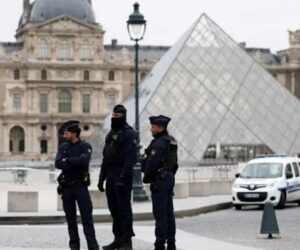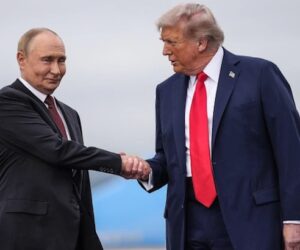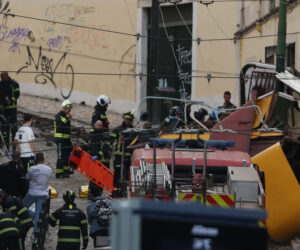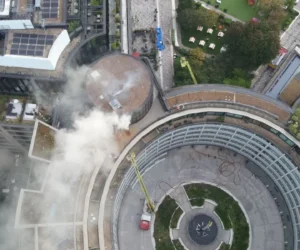Mali’s transitional military government is grappling with growing public anger over a widening blockade imposed by Islamist militants on strategic highways linking the country to Senegal and Mauritania a move that analysts warn could choke the economy and destabilise the wider region.
In a rare public admission, Prime Minister Abdoulaye Maïga acknowledged the severity of the crisis and promised stepped-up security efforts along critical transport routes. The blockade, orchestrated by al-Qaeda-linked Jama’at Nusrat al-Islam wal-Muslimin (JNIM), is seen as a major escalation in the country’s decade-long jihadist insurgency.
The insurgents have set up roadblocks on vital corridors through Kayes and Nioro-du-Sahel key arteries for importing fuel, food, and manufactured goods. Drivers face extortion, ambushes, and vehicle arson. Several fuel convoys have been attacked, including lorries from Senegal, Mauritania, and Ivory Coast.
Entire villages are paralysed, with shuttered markets and disrupted public services, and transport companies are suspending operations.
“This is not just about territorial control anymore,” said Mamadou Bodian, a security analyst at Senegal’s Cheikh Anta Diop University. “It’s economic warfare.”
The blockade began in early September with the kidnapping of six Senegalese lorry drivers. Though later released, their abduction marked the beginning of an expanded campaign by JNIM to economically isolate the capital, Bamako.
Kayes, a strategic region responsible for 80% of Mali’s gold output and a major gateway to Senegal, has become a focal point for the militants. The insurgents’ aim appears to be “economic asphyxiation” of the landlocked nation, according to a report by the Timbuktu Institute.
The military initially dismissed reports of a siege, with spokesperson Col Souleymane Dembélé claiming the situation was exaggerated by foreign media. He insisted that viral footage of torched buses and halted convoys was “taken out of context.” But ground reports contradict the official stance. Checkpoints remain, and intimidation continues.
In response, the army launched airstrikes on militant camps and announced a large-scale operation along the Diéma-Nioro corridor. They claimed to have killed dozens of fighters and freed hostages, though no figures were provided.
Yet, these military responses have done little to reassure locals. Fear persists, and so do the blockades. The Malian army, bolstered by unacknowledged support from Russia’s Africa Corps formerly Wagner Group faces criticism over its heavy military reliance and lack of long-term strategy.
The crisis threatens not just Mali. As the insurgency spreads further south into Sikasso and Koulikoro, neighbouring coastal states like Senegal and Ivory Coast fear similar destabilisation. Mali is Senegal’s top African trading partner, with over $1.4 billion in exports last year. Any prolonged disruption would harm both economies.
JNIM’s “choice to target buses and tankers is not insignificant, it aims to strike at the heart of Mali’s social and economic mobility.” As reported by Bamada.net. The previous week.
Erizia Rubyjeana
Follow us on:








